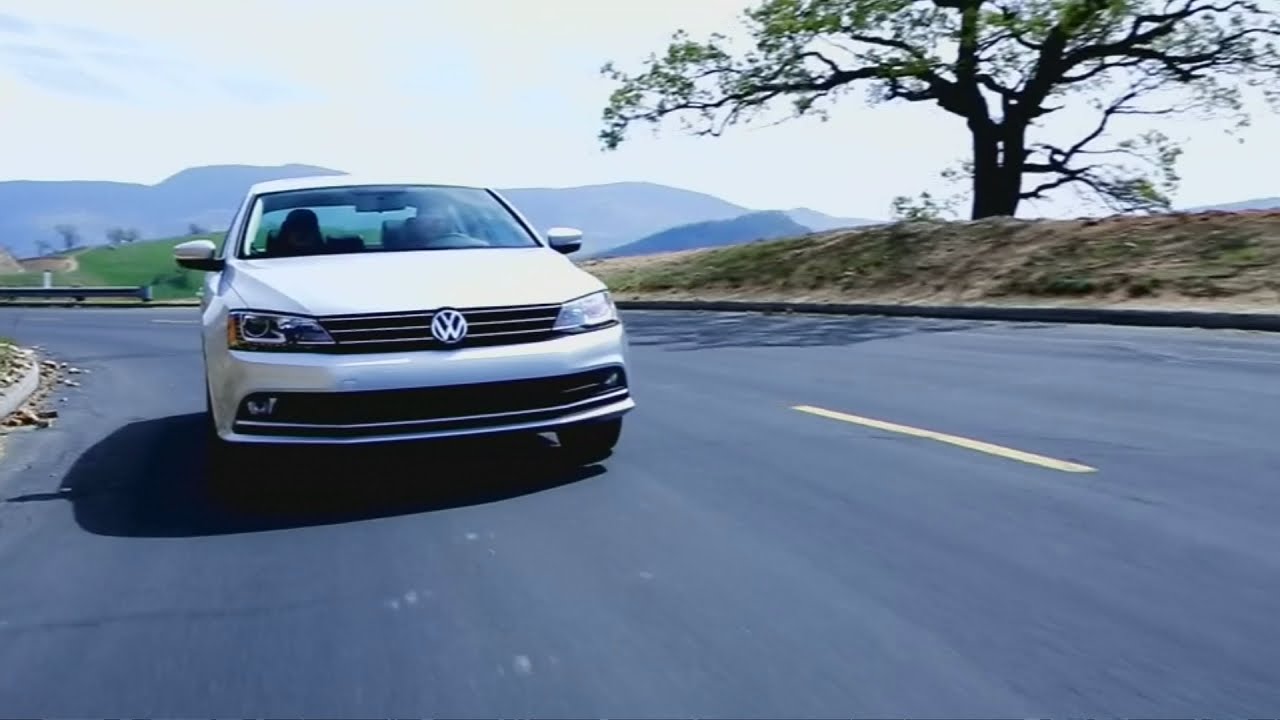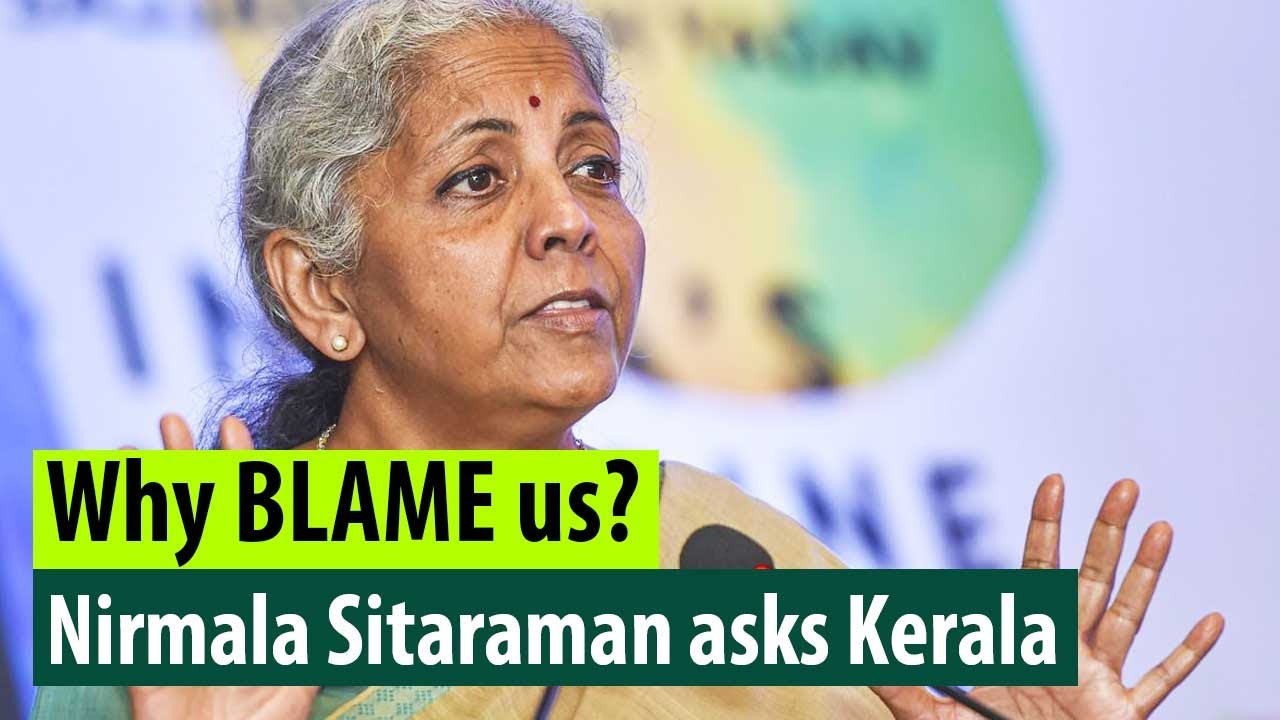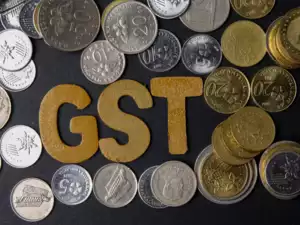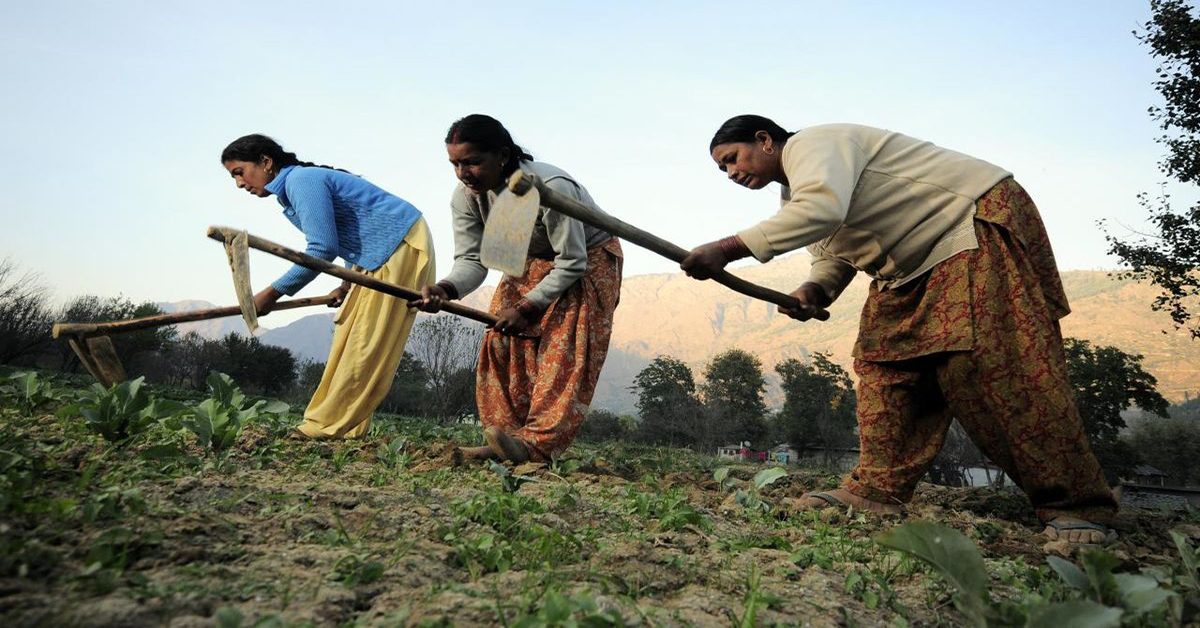


The Indian government has issued a notice to Skoda Auto Volkswagen India, a subsidiary of Volkswagen, for allegedly evading $1.4 billion in taxes through misclassification of imported car components. The company is accused of splitting car kits into individual parts to pay lower taxes, resulting in a significantly lower duty payment of $981 million since 2012. If found guilty, Volkswagen could face penalties equal to 100% of the evaded amount, potentially totaling $2.8 billion. This case highlights the challenges foreign companies face in India's competitive market, as similar disputes have arisen with companies like Tesla and Vodafone. Despite defending its practices, Volkswagen's operations in India may still be impacted, as the investigation continues.
Skoda Auto India Tax Evasion Allegations: A Closer Look
Background
Skoda Auto Volkswagen India, a subsidiary of German automotive giant Volkswagen, has been accused of evading taxes in India to the tune of $1.4 billion. The Indian government has issued a notice to the company, alleging that it misclassified imported car components to avoid paying higher duties.
Details of the Allegations
The allegations stem from a practice known as "splitting car kits." According to Indian customs regulations, fully assembled cars imported into India are subject to a higher duty rate than imported car kits. Skoda Auto India is accused of breaking down its imported car kits into individual parts and classifying them as "completely knocked down" (CKD) kits, which qualify for a lower duty rate.
This alleged misclassification allowed Skoda Auto India to pay significantly lower taxes on its imported cars. The Indian government estimates that the company has evaded $981 million in taxes since 2012.
Potential Penalties and Impact
If found guilty, Volkswagen could face penalties equal to 100% of the evaded amount, potentially totaling $2.8 billion. This would be a major blow to the company's operations in India, which have already been struggling in recent years.
The case also casts a shadow over foreign investment in India's automotive sector. Similar disputes have arisen with other global automotive giants, including Tesla and Vodafone, highlighting the challenges foreign companies face when operating in India's competitive market.
Top 5 FAQs and Answers
1. What is "splitting car kits"?
A: Splitting car kits refers to dividing an imported car into individual parts to avoid paying higher taxes on the fully assembled vehicle.
2. Why is Skoda Auto India accused of this practice?
A: The Indian government alleges that the company misclassified imported car kits as CKD kits to pay lower taxes.
3. How much money is Skoda Auto India accused of evading?
A: The Indian government estimates that the company has evaded approximately $1.4 billion in taxes.
4. What are the potential penalties for Volkswagen?
A: Volkswagen could face penalties equal to 100% of the evaded amount, totaling $2.8 billion.
5. How will the case impact Volkswagen's operations in India?
A: The case could have a significant negative impact on Volkswagen's operations in India, as the investigation continues and potential penalties are imposed.

The GST Council has recently decided to tax all used vehicles, including electric vehicles, at a uniform rate of 18%. This has led to confusion among car owners, who are now worried about the impact on their profits. However, Finance Minister Nirmala Sitharaman has clarified that the 18% tax will only be levied on the profit made from selling the vehicle, not the entire selling price. The video of her explanation has gone viral on social media, providing much-needed clarity to individuals and businesses.

Union Home Minister Amit Shah will lead an event on December 25th to inaugurate over 10,000 Multipurpose Primary Agricultural Cooperative Societies (M-PACS), dairy, and fisheries cooperatives, emphasizing on the significance of the cooperative sector in boosting self-reliance and financial inclusion. The event will feature distribution of registration certificates, RuPay Kisan Credit Cards, and micro ATMs to empower rural communities. With over 1,200 delegates expected to attend, the conference will serve as a platform to strategize strengthening of cooperatives and promoting sustainable agricultural practices. Download Krishi Jagran Mobile App for more updates on the Latest Agriculture News, Agriculture Quiz, Crop Calendar, Jobs in Agriculture, and more.

Indian apparel brand Being Human Clothing has expanded its reach by launching a new store in Chennai at Express Avenue Mall. The store was inaugurated by popular Indian dancer Prabhu Deva, adding star power to the launch. The brand, which supports charitable initiatives through its sales, looks forward to serving the people of Chennai with its stylish and socially responsible clothing options. The store offers a wide range of men's and women's apparel, along with the brand's latest Autumn/Winter 2024 collection. Being Human Clothing is available globally and aims to showcase its offerings to decision makers in the retail, eCommerce, and fashion industries.

The GST Council has decided to simplify the tax rate for the sale of old and used vehicles by prescribing a single rate of 18%, including Electric Vehicles (EVs). This will benefit both buyers and sellers as it streamlines the process and eliminates confusion about different tax rates for different types of vehicles. The update also clarifies that for registered individuals who have claimed depreciation under the Income Tax Act, they only have to pay GST on the margin between the selling price and depreciated value of the vehicle.

A recent data analysis by the Agriculture Ministry has shed light on the widening gap between the terms of trade (ToT) for farmers and agricultural labourers in India. While crop prices have increased by 111.2% over the past two decades, the cost of inputs for farming has risen by 198.1%, resulting in a decline in the ToT for farmers. This has led to a situation where agricultural labourers, who receive only wages and not the profits from farming, are faring better than the farmers themselves. The cost squeeze for farmers is mainly due to rising input costs, and they are unable to pass these on in the form of higher prices for their produce.

As Christmas approaches, consumers are still looking for options to grab a bite, shop for last-minute gifts and get groceries. This article details the operating hours of different stores, restaurants, and other businesses on Christmas Eve. While most will be open, their hours may be adjusted. Customers are advised to check with their local stores for specific information.

Catch up on the latest books, cinema, health, world affairs, and science news with The Hindu's daily e-Paper. With dedicated sections covering books, headlines, cinema, health, world affairs, and science, stay informed and entertained in one convenient newsletter. Plus, get daily news highlights from Karnataka and the top 5 technology stories of the day in Today's Cache.

Category: Technology Title: "Google Reveals Exciting Updates for Android 16 and Set Timeline for Release" Google announces the launch of the second Developer Preview for Android 16, with a confirmed release between April and June 2025. The new preview introduces a range of updates, including enhanced performance tools, advanced accessibility options, and improved security measures. The timeline for the platform's release has been set, with a major SDK release expected in Q2 and smaller updates throughout the year. The updates aim to streamline app development and improve functionality for Android 16.

Rohan Mirchandani, the co-founder of Epigamia, a popular yogurt brand, passed away at the age of 42 due to a sudden cardiac arrest. The senior leadership of Drums Food International, the parent company of Epigamia, confirmed the news and expressed their sorrow. Mirchandani, an alumnus of prominent universities, was a mentor, friend, and leader to many in the startup community, and his death has shocked and saddened them. This comes just a month after the sudden passing of Ambareesh Murty, co-founder of Pepperfry, and earlier this year, the untimely death of Rohan Malhotra, co-founder of Good Capital.

Amid uncertainty and concerns about the displacement of lakhs of Dharavi locals, the controversial Dharavi Development Project has become a major issue in Maharashtra's election politics. The Adani Group's involvement has raised questions about the prioritization of profit over people. With locals taking to the streets to protest the project, The News Minute's Pooja Prasanna investigates the consequences and dynamics underlying the contentious redevelopment.